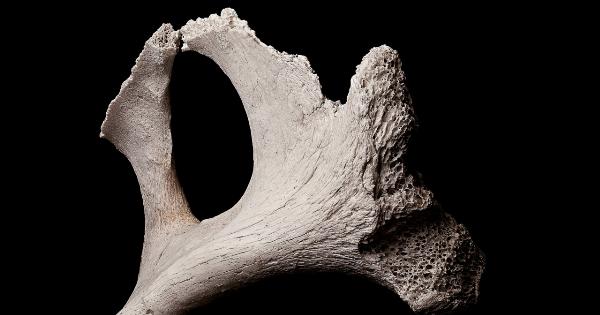Bone health is an important part of overall health, and it is influenced by a variety of factors, including genetics, diet, exercise, and lifestyle.
One factor that has gained increasing attention in recent years is the role of the gut microbiome, which is the community of microorganisms that live in the digestive tract.
What are Probiotics?
Probiotics are live microorganisms that are intended to have health benefits when consumed in sufficient quantities. They are commonly found in fermented foods, such as yogurt, kefir, and sauerkraut, as well as in supplements.
Probiotics have been shown to have a wide range of health benefits, including improved digestion, enhanced immune function, and reduced inflammation.
In recent years, researchers have also begun to investigate the potential impact of probiotics on bone health.
The Gut- Bone Connection
The connection between the gut microbiome and bone health is complex and multifaceted. It is thought that the gut microbiome may affect bone health through several mechanisms, including:.
- Regulating inflammation: Chronic inflammation is a known risk factor for osteoporosis, a condition in which bones become weak and brittle. The gut microbiome may help regulate inflammation in the body, which could in turn protect bone health.
- Absorbing nutrients: The gut is responsible for absorbing nutrients from food, including the calcium and vitamin D that are important for bone health. Probiotics may help improve nutrient absorption and utilization, which could have a positive impact on bone health.
- Producing short-chain fatty acids: Short-chain fatty acids are produced by some types of gut bacteria and have been shown to have anti-inflammatory effects. They may also help regulate bone metabolism, which could have a positive impact on bone health.
Research on Probiotics and Bone Health
While the potential impact of probiotics on bone health is an area of active research, there is still much that is unknown. However, some studies have suggested that probiotics may have a positive impact on bone health.
One study published in the Journal of Internal Medicine found that a combination of three probiotic strains (Lactobacillus reuteri, Lactobacillus paracasei, and Lactobacillus acidophilus) helped improve bone density in postmenopausal women with osteoporosis. The study participants took the probiotic supplement for 12 months and saw an increase in bone density in their lumbar spine and femur.
Another study published in the Journal of Medicinal Food found that a probiotic supplement containing Lactobacillus acidophilus and Bifidobacterium lactis helped improve calcium absorption and bone density in healthy postmenopausal women.
The study participants took the probiotic supplement for six months and saw improvements in their bone density at both the lumbar spine and hip.
Conclusion
While more research is needed to fully understand the impact of probiotics on bone health, the existing studies suggest that probiotics may have a positive impact on bone density and may help protect against osteoporosis.
If you are interested in incorporating probiotics into your diet, be sure to talk to your healthcare provider to determine the best approach for your individual needs.































